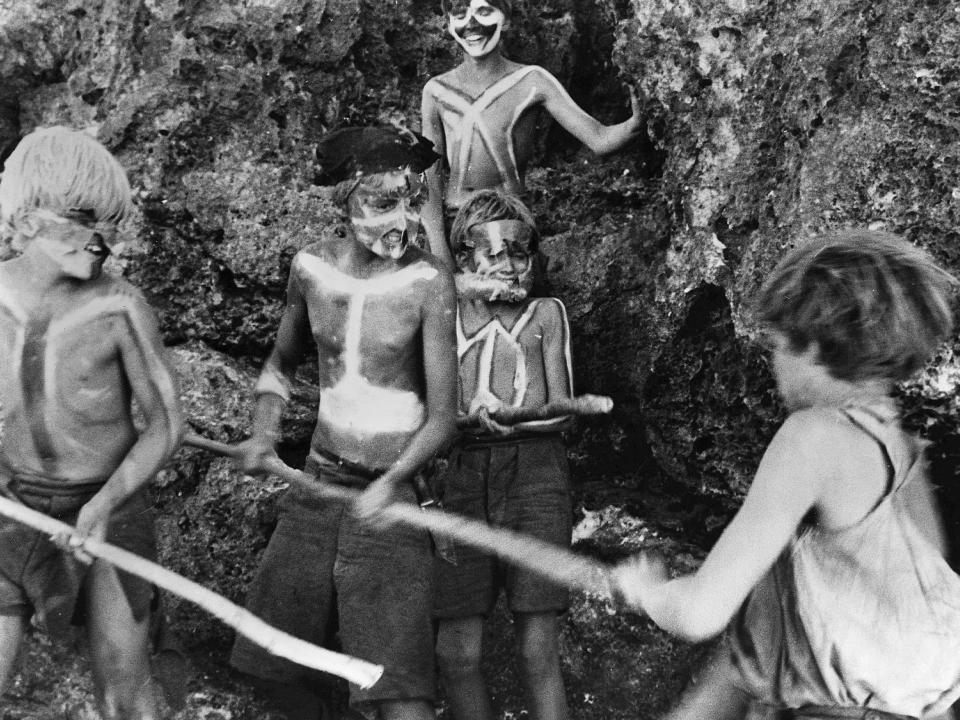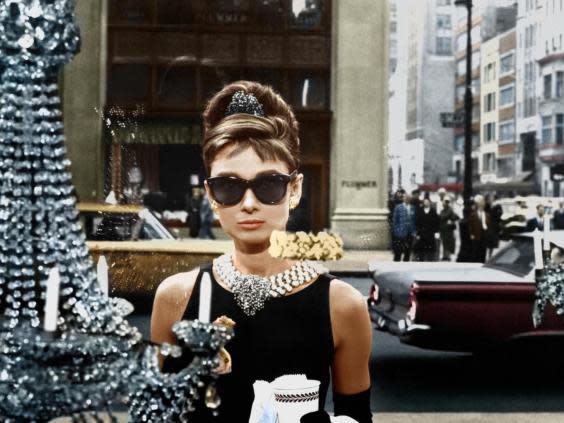Cultural appropriation? Who is allowed to tell the story of the Tonga castaways?

In his new book Humankind: A Hopeful History, the Dutch historian Rutger Bregman argues that humanity is not callous and selfish, but fundamentally compassionate. By way of evidence, he presents the true story of six boys from Tonga in Polynesia who, in 1965, wagged school to go on a fishing trip. After getting caught in a storm, the youths, who were aged between 13 and 16, were shipwrecked Lord of the Flies-style on a tiny island for over a year. Theirs was a story not of cruelty and murder but of resilience and communal spirit as they dedicated themselves to fishing, foraging and looking after one another until they were rescued by a passing boat.
Since an extract of Bregman’s book appeared in The Guardian earlier this month, the author has reported being inundated by requests from film producers and directors to secure the rights to the story. Bregman told the newspaper that he, the four living Tonga boys and the Australian sea captain who rescued them “are collaborating and will make a decision together”. As the world burns and our leaders pour petrol on the flames, who wouldn’t want to see this tale of human benevolence and cooperation committed to the screen?
Yet Bregman’s remarks have prompted concerns about whitewashing and who should tell their story, most notably from the New Zealand filmmaker Taika Waititi who tweeted that a Polynesian director should be prioritised for the job “to avoid cultural appropriation, misrepresentation, and to keep the Pasifika voice authentic”. He added: “I’m probably not available lol.”
The conversation about who gets to tell what stories continues to be an important one. It’s also complex, emotional and deserving of a level of nuance that is rarely found on social media, where the argument often plays out and where it’s reduced to yet another culture wars fist-fight. The phrase “cultural appropriation”, which describes a dominant group taking ideas and traditions from another often marginalised one, is far from a new concept, though in recent years has become a blanket term that has ignited fury about everything from Kim Kardashian’s hair braids and Jamie Oliver’s jollof rice to Elvis and The Rolling Stones’ plundering of black music.
The balance of power is crucial here. While The Rolling Stones’ love of the blues brought the genre to a wider audience, their whiteness ensured a level of popularity and marketability that would never have occurred if they were black. As crimes of appropriation go, it’s hard to see #jollofgate, in which Jamie Oliver unleashed the ire of social media with his mangled take on the West African dish, as entirely comparable.
Power was at the heart of this year’s row over the American author Jeanine Cummins and her book American Dirt, which told of a Mexican mother and her son fleeing the violence of drug cartels and crossing the border into the US. Described as “a Grapes of Wrath for our times”, it swiftly landed a film deal and a thumbs-up from Oprah’s Book Club. But a backlash began as Latinx writers accused Cummins of stereotyping – the Mexican-American author David Bowles called the book “harmful, appropriating, inaccurate, trauma-porn melodrama”.
Matters were made worse when pictures emerged of the launch party in which flower arrangements were surrounded by barbed wire, and by Cummins’s conflation of her husband’s experience as an Irish immigrant with that of Mexican asylum-seekers in her author’s note. Most significant, however, was the hefty advance that Cummins earned, which shone a spotlight on a publishing business that invariably favours white voices over Bame ones. (Cummins later acknowledged the “tremendous inequality” within the industry, while her publisher Flatiron said it was “carefully listening” to the debate.)
In cinema, cultural appropriation and racial stereotyping has been levelled at countless films, from The Jazz Singer to Breakfast at Tiffany’s to Wes Anderson’s Isle of Dogs. The question of who films the story of the Tonga teenagers should undoubtedly be approached cautiously. Intention and self-awareness are everything – there is a difference between a writer or film-maker alighting on the experiences of overlooked individuals with their assent and co-operation and a chancer taking other people’s lived experience and presenting it offensively or inaccurately. In such situations, it pays to ask: who has a right to tell this story? Why should it be told? What are a person’s qualifications and limitations in telling it, and is there someone else who could do it better?

None of this is to say that novelists, filmmakers and songwriters don’t have the right to tell other people’s stories. One of the delights of storytelling is that the creator can inhabit different characters and worlds far removed from their own. To limit the tales that we tell to our own background and experience would mean space dramas could only be made by Nasa astronauts, and meerkat documentaries by meerkats. Appropriation, when it happens, should be an exchange of ideas conducted on a level playing field, and an enriching experience for all concerned. Sadly, that is not always the case.
The Washington Post critic Chris Richards said it best when, in discussing musicians who appropriate, questioned whether they were travellers or tourists. “Travellers move through the world in order to participate,” he wrote. “Tourists simply look around, have some fun, take what they want and bring it back home.” In telling the tale of the shipwrecked Tonga boys, a south Pacific odyssey might seem appealing to western filmmakers. But if they go there, they’d best listen to those who live there and not make a mess.
Read more
How Normal People captures the angst of young romance
Can someone please put Killing Eve out of its misery?
The people behind the shows you’re bingeing are losing their jobs

